According to Rob Robinson, 57% of buildable surface area in the Central Business District, not including parks or streets, is surface-level parking lots. That doesn’t include parking garages or on-street parking.


According to Rob Robinson, 57% of buildable surface area in the Central Business District, not including parks or streets, is surface-level parking lots. That doesn’t include parking garages or on-street parking.
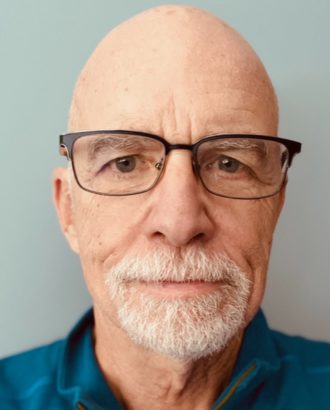
“It’s going to take a historic effort to close the gaps in housing supply that are close to the places where people work, shop and entertain themselves and where there may also be options for walking, biking or taking mass transit.”

“Furthermore, it happens that the same old land use patterns driving carbon emissions also drive housing unaffordability.”

“One idea that’s missing is: ‘Audit our zoning and development regulations for their ability to support climate-friendly development patterns.’”

“In our letter, we listed the following nine principles we have formulated for local land use devoted to economic development in Western North Carolina.”

“What can our officeholders actually do? They can’t call a halt to growth and development, but they can stop or modify some particularly harmful projects.”

“But the solution to our overlapping affordability and climate crises can’t be to try to freeze our city in time, to shut our borders or to blame anyone who hasn’t lived here long enough to earn the right kind of Asheville cred.”
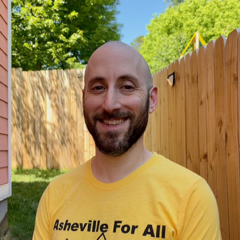
“Residential construction hasn’t kept up with population growth, and the resulting scarcity pushes up rents and home prices. This means that the folks who make Asheville weird, its artists and young people, are being pushed out.”

Court rulings and state laws sometimes mean local governments can’t adopt zoning rules their constituents might like — and in some cases, it’s uncertain just how much authority municipalities have, say Asheville City Attorney Brad Branham and other lawyers working in the field.

“The primary purpose of zoning laws should be to mitigate these externalized costs, to prevent development from being a burden on the community.”

“What is the point of envisioning the future if, when the future arrives, the plans are changed and can’t be counted on? People lose trust.”

“Preservation at all costs is not the answer.”
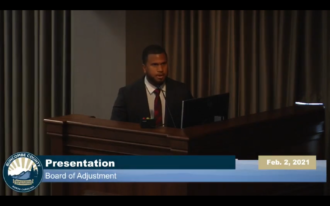
Presentations by the Buncombe County Board of Adjustment and Planning Board, both delivered to the county Board of Commissioners on Feb. 2, emphasized the need for changes in how the county handles its zoning and land use policy.

In a year marked by a constant churn of updating numbers — COVID-19 dashboards, economic forecasts, political polls — Assistant Editor Daniel Walton took comfort in stories that were able to report more deeply on some of the issues facing Western North Carolina.
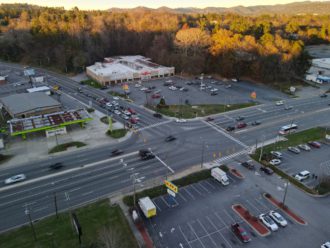
Buncombe County Board of Commissioners Chair Brownie Newman lists land use policy as a top priority for the new commission, sworn in on Dec. 7. Board members will likely revisit the county’s land use plan, a document originally developed in 1998 and last updated in 2013, in response to rapid community growth.
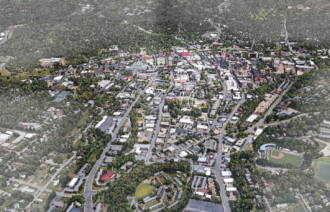
Zoning may not deliver the same zing as other hot-button issues in a competitive election cycle, but it’s among the most crucial discussions Asheville leaders and residents face as the city grows. Each candidate has different ideas about what to do first.

“The ordinances, as they stand today, are written in such a way that any developer can easily take advantage and get approved with guidelines that are shortsighted for today’s standards and sustainability plan.”
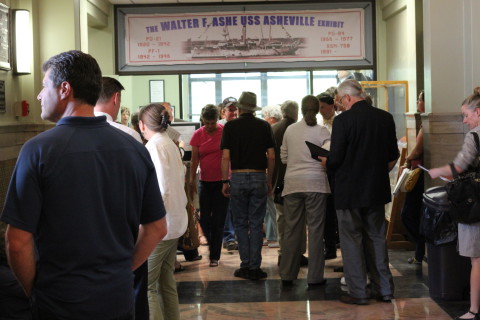
Dozens of concerned residents of the Grove Park neighborhood, as well as surrounding areas, packed an Asheville City Hall meeting room Wednesday evening, May 7, to voice concerns over a proposed conditional zoning permit that would allow a canine rehabilitation facility / dog day care to occupy the historic building at 1 Sunset Parkway. Residents […]
The area that sits in the foreground of the Basilica of St. Lawrence and the U.S. Cellular Center (the renamed Civic Center) offers a rare opportunity (see “City Will Bring Forward Offers on Haywood St. Properties in March,” Feb. 21, 2012 Xpress). Representing a unique civic/religious convergence in downtown Asheville, this urban canvas, which includes […]
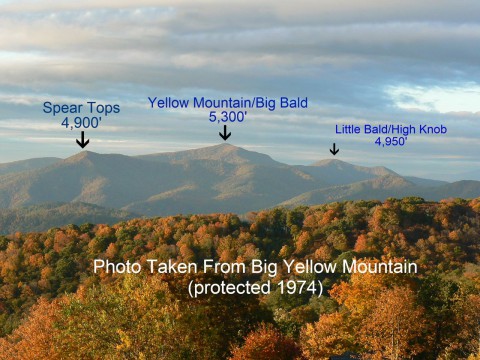
Asheville-based nonprofit the Southern Appalachian Highlands Conservancy has purchased 225 acres in Avery County that include Spears Tops Mountain.